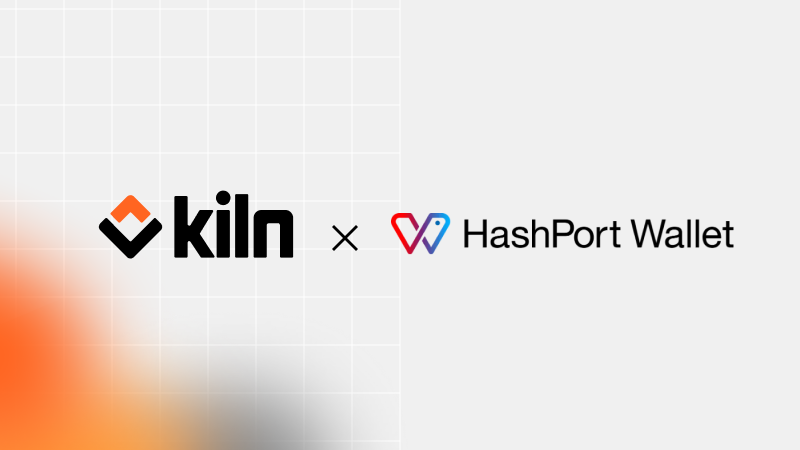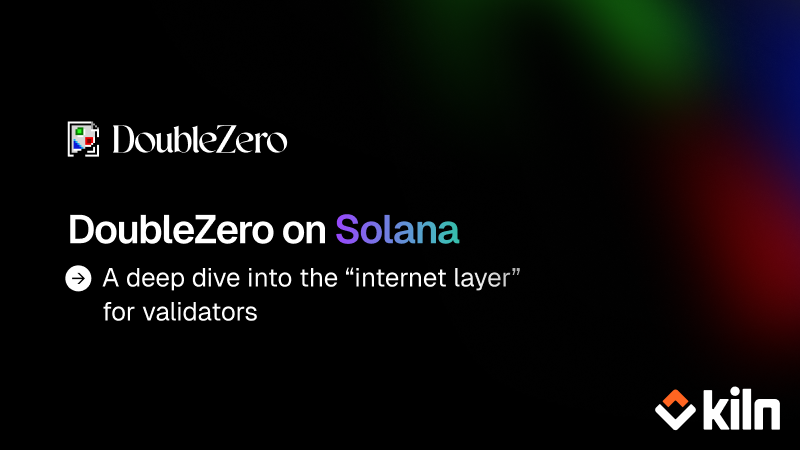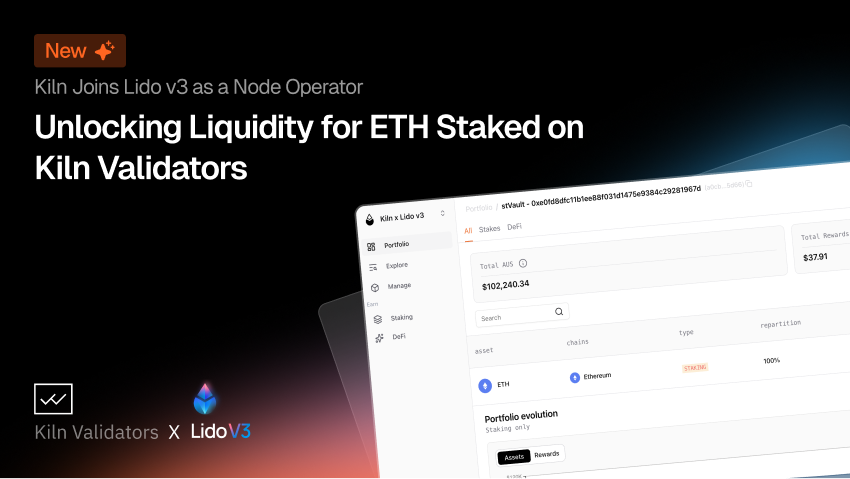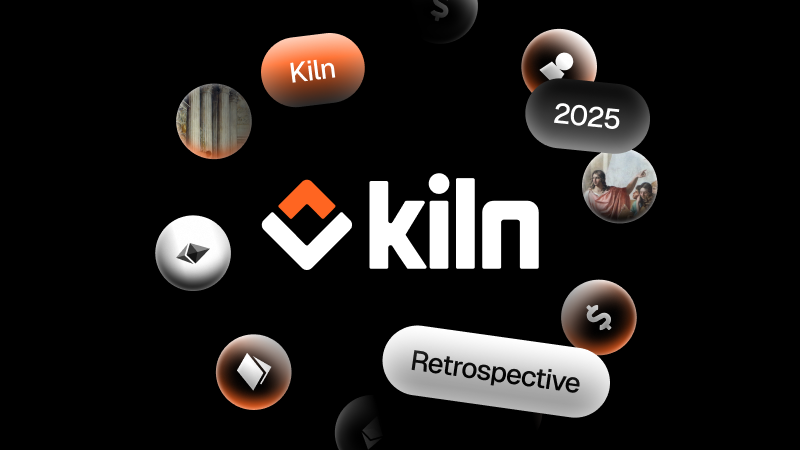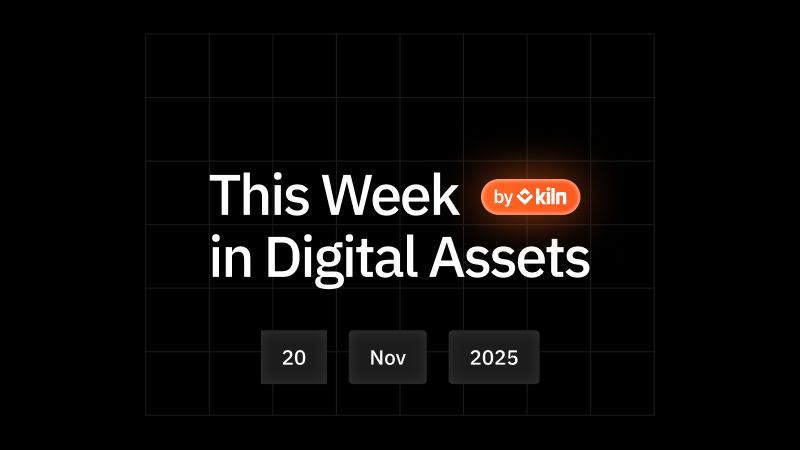Rise of Ethereum ETFs
Following the US Securities and Exchange Commission's (SEC) approval of Bitcoin ETFs, attention has naturally turned to Ethereum, with major asset management firms such as BlackRock, VanEck, Hashdex, Invesco and Fidelity filing or amending existing applications for spot Ethereum ETFs.
While the SEC's approval of Bitcoin ETFs is a significant milestone, it doesn't guarantee the same for Ethereum ETFs. Recent court rulings and the CFTC's designation of Ethereum as a commodity could influence the SEC's stance on Ethereum ETFs and broader crypto regulations.
Evolution of the Ethereum ETF market: Europe and Canada's influence
Beyond the US, Europe and Canada have been leading the way for years in the thriving Ethereum ETF market. Europe has seen the launch of more ETFs since 2017 than any other region globally, while Canada led the way with 3iQ launching the world's first Ethereum Staking ETF in 2023.
While the majority of ETFs currently focus on growth by tracking Ethereum's spot price, investors are increasingly interested in staking rewards. Issuers can enhance their fund's performance by combining the tracking of ETH's performance with the reinvestment of staking yields, creating an ETH total return ETF.
Bridging traditional finance with the crypto market
Staking involves bonding ETH to a validator node. This validates new transactions on the Ethereum blockchain, securing the network. Stakers receive staking rewards for supporting network functionality through transaction validation.
ETFs offer investors secondary exposure to ETH's price action through traditional financial infrastructure and product structuring, without having to directly hold the digital asset.
Unlike the 24/7 crypto market, ETFs can only be traded during traditional market hours. As a result, investors may miss opportunities and have to maintain positions even in times of market turbulence. Crypto ETFs often carry higher fees compared to traditional ETFs and direct ownership and trading of the digital asset itself.
Moreover, ETFs may employ different strategies, like lending or staking, to potentially boost their returns. In the staking scenario, the extra income can optionally be reinvested into the fund to compound the gains.
Investors can reap economic benefits from staking rewards without the risks of owning ETH. They sidestep the complexities of managing validators and the liquidity problems related to staked assets. The ETF, their qualified custodian, and the chosen staking provider handle these complexities, making the process simpler for the investors.
ETH staking liquidity and capital efficiency challenges
Incorporating staking presents unique challenges. Staked ETH becomes illiquid and non-yield bearing during the bonding and unbonding periods, rendering it inaccessible.
During the summer of 2023, for instance, the bonding period stretched to 50 days, causing a delay in reward generation for institutions staking their ETH. Exiting staked positions is equally complicated due to the dynamic unbonding period, which can extend significantly beyond the current 9-day queue before unstaked ETH regains liquidity.
Either way, this lacks capital efficiency and institutions such as Ethereum ETFs need to strike a delicate balance when managing their ETH holdings to both generate income and fulfil redemption requests within a T+1 settlement cycle.
Institutions must navigate regulatory and internal risk management policies regarding ETH allocation for staking. Typically, these policies cap the percentage of ETH available for staking, often at 50% or lower, adjusting based on market conditions.
Limited solutions for enhancing ETH staking allocation
ETFs typically stake a smaller portion of their ETH, with the remainder used to pay for daily redemptions. However, strategies exist to increase the amount of ETH allocated to staking.
Direct native staking remains an option, but it doesn't tackle liquidity challenges or enable them to allocate more ETH to staking. ETFs must choose the right provider to maximize fund yield without increasing risk or compromising the safety of staked funds.
Liquid staking protocols, where ETH is exchanged for a liquid token, tackle liquidity challenges in theory but bring about complexities and risks. For these to be viable, the tokens must be sufficiently liquid. Their suitability for regulated institutions may be limited due to counterparty risk, as funds in staking pools are often mingled without KYC or AML procedures.
These global staking pools, predominantly operated by DAOs, pose challenges in regulatory compliance and investor protection enforcement across various jurisdictions. They lack contractual protections such as validator performance guarantees, SLAs, remedies, insurance coverage, and contractual guarantees on commercial terms.
The ideal solution integrates the flexibility and capital efficiency of pooled liquid staking while mitigating the risks of fund commingling and jurisdictional mixing. This entails combining liquidity with native staking.
Tokenized Validator: Combining liquidity and native staking
Kiln is Ethereum's largest independent validator provider behind Coinbase and Binance, and can support Ethereum ETFs in a number of ways, including solving the liquidity issues mentioned above.
Institutions can choose direct native staking, allowing them to stake in multiples of 32 ETH for dedicated validators backed by Kiln’s enterprise-grade infrastructure, compliant relayers, uptime and performance SLAs, and industry-leading insurance coverage. Staking rewards and the staked funds remain separate from other entities, eliminating commingling, and jurisdictional and regulatory regime mixing. This does not solve the liquidity problem with staked ETH but is a crucial consideration for any ETF looking to enhance their fund’s performance.
Kiln’s Reporting API delivers real-time staking data for Ethereum and major Proof-of-Stake chains. Easily accessible, it allows ETP issuers, fund administrators, custodians and other market participants to gather data for NAV calculations. The API is validator agnostic, benefiting institutions regardless of their validator provider choice. For example, CF Benchmarks (a Kraken company) partnered with Kiln to launch their Ethereum staking indices using the API.
Institutions also have the option to leverage Tokenized Validator a solution powered by the Kiln Onchain platform that combines liquidity with native staking. This approach tokenizes dedicated validators on a 1:1 basis, offering the flexibility and capital efficiency of pooled liquid staking while mitigating risks associated with fund commingling and jurisdictional mixing. Institutions benefit from Kiln's comprehensive contractual, legal, and industry-leading insurance protections, with the option to choose OFAC-compliant relays for their validators.
Importantly, Tokenized Validator is validator provider agnostic. This provides ETFs with the flexibility to select their preferred validator provider or adopt a diverse staking strategy with multiple providers to ensure they are not tied to a single provider.
Liquidity is ensured by a consortium of institutional liquidity providers, enabling ETFs to exit staked positions within the T+1 settlement cycle if redemptions surpass the liquid ETH held by the fund.
Through Tokenized Validators and the liquidity they provide to native staking, ETFs can effectively increase their allocation of staked ETH within the fund.
Contact us to learn more about Tokenized Validator and discover how it can enhance your staking strategy
About Kiln
Kiln is the leading enterprise-grade staking platform, enabling institutional customers to stake assets, and to whitelabel staking functionality into their offering. Our platform is API-first and enables fully automated validators, rewards, and data and commission management. With over $4 billion crypto assets being programmatically staked, Kiln has a particularly strong track record on Ethereum as we run about 4% of the network; this includes 38,500+ with 0 slashing events.
About Kiln
Kiln is the leading staking and digital asset rewards management platform, enabling institutional customers to earn rewards on their digital assets, or to whitelabel earning functionality into their products. Kiln runs validators on all major PoS blockchains, with over $11 billion in crypto assets being programmatically staked and running over 5% of the Ethereum network on a multi-client, multi-cloud, and multi-region infrastructure. Kiln also provides a validator-agnostic suite of products for fully automated deployment of validators and reporting and commission management, enabling custodians, wallets, and exchanges to streamline staking or DeFi operations across providers. Kiln is SOC2 Type 2 certified.








.png)
